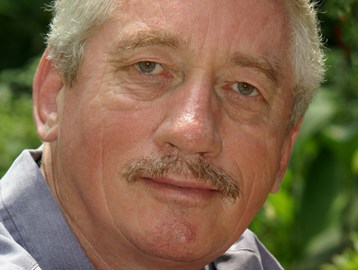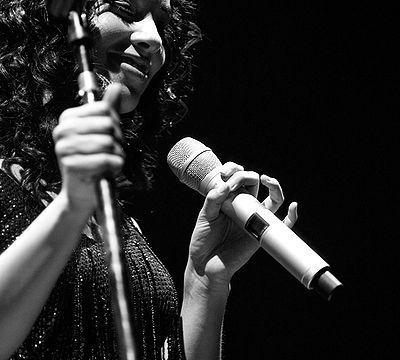What Biology Tells Us About Politics

What’s the Latest Development?
Throughout Frans de Waal’s carreer as a biologist, he has sought to explain the cooperative tendencies of the human species. His new book, The Age of Empathy: Nature’s Lessons for a Kinder Society, is a synthesis of those efforts. He looks to animal biology, for example, to explain why we feel outraged at the recent failures of Wall Street: “If you are a cooperative animal you need to watch what you get. If you, or even a whole community, invest in something but then a few individuals receive a much larger return, it’s not a good arrangement.”
What’s the Big Idea?
De Waal has always had a keen interest in how our animal behavior relates to the functioning of our political institutions. He has influenced the likes of Newt Gingrich and President Jimmy Carter, who each read different books of de Waal’s. “If you want to design a successful human society you need to know what kind of animal we are,” he says. “Are we a social animal or a selfish animal? Do we respond better when we’re solitary or living in a group? Do we like to live at night or in the daytime? You should know as much as you can about the human species if you have a hand in designing human society.”




